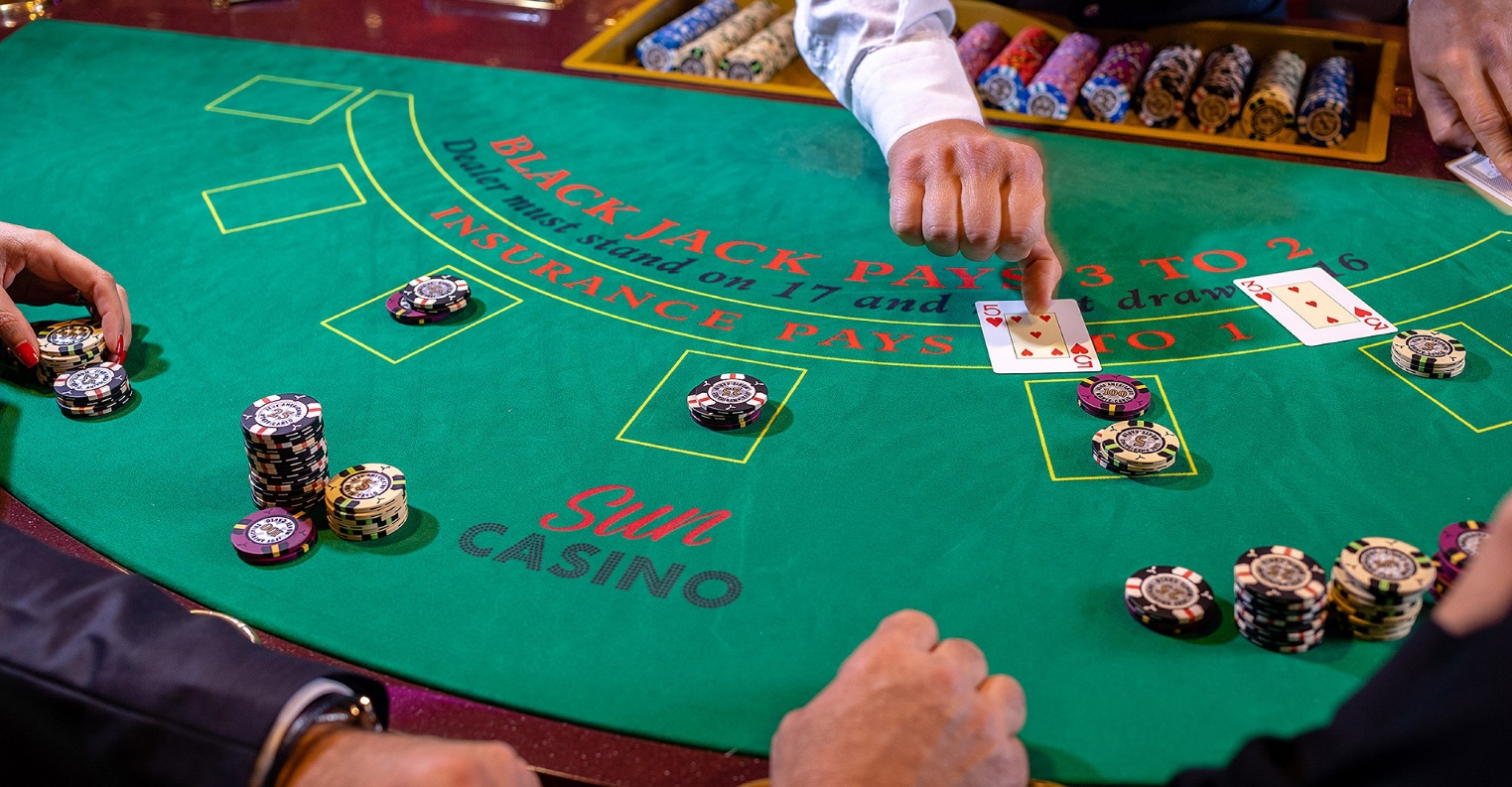
As you entering into the the dynamic world of gambling, visitors are often greeted by a whirlwind of thrill and vitality. From the spinning wheel of fortune to the dealing of playing cards in the popular card game, the setting is charged. However, for many beginners, finding your way through the numerous casino games can be intimidating. Grasping the specific terminology used in these games is crucial for enhancing your time and making informed decisions at the casino tables.
Casino games come with their own specific set of jargon that can be both intriguing and, at times, confusing. da88 Familiarizing yourself with terms like "wagering amount," "in profit," or "house edge" can greatly improve your performance and allow for a more pleasant experience. This guide seeks to clarify the language of casino games, helping both beginners and seasoned players feel more at home in the thrilling environment of casinos. Whether you are looking to try your luck at a slot game or test your skills at a game of poker, familiarizing yourself with the terminology will surely be advantageous.
Regular Gambling Terms
When moving through the world of casino games, a clear understanding of the terminology can improve your experience and improve your performance. One of the commonly used phrases is "casino advantage," which refers to the mathematical advantage that a casino has over the players. This edge makes sure that, over time, the house will regularly make a gain from the activities. It varies by type of game; for instance, slot machines typically have a greater house edge compared to activities like 21 or Texas Hold’em, where tactics can lower the house’s edge.
Another important term is "wagering limit." This denotes the smallest and greatest amounts that participants can stake on a specific activity or station. Wagering limits are set to ensure that gambling remains fun and inside the budget of all participants. Comprehending the wagering caps is crucial for players to manage their bankroll effectively. Regardless of whether you are a high roller or favor smaller wagers, knowing the limits can affect your approach and overall satisfaction.
Lastly, the expression "winning amount" is key when addressing gambling activities. Return denotes the amount of money a player can get when winning a wager, often shown as a proportion or percentage of the initial wager. Various activities have varied payout structures, and learning how they work can help players in deciding wisely about where to place their wagers. It is important to seek activities with positive payouts to maximize winning potential while appreciating the thrill of the gaming scene.
Game-Specific Jargon
Each gambling game has a distinct collection of jargon which participants employ to discuss tactics, outcomes, and mechanics elements. For instance, within blackjack, the phrase "bust" signifies a participant exceeding a total of 21, leading to an automatic loss. Players commonly utilize terms like "hit" when demand an additional card and "stand" when choose to maintain their existing hand. Grasping these terms is crucial for novice players to deal with the game efficiently and engage in dialogues with more experienced participants.
In the game of poker, you will come across terminology often is very specific to the form currently played. Terms such as "flop," "turn," and "river" denote the shared cards dealt in the Texas Hold’em variant. A "bluff" indicates tricking rivals regarding the power of one’s cards, while "all-in" indicates a player wagering their full stack of chips. Being familiar with these phrases is crucial to engaging in the game and offers players an advantage in terms of tactics and betting dynamics.
Slot games, although easier than table games, have their jargon as well. Phrases like "payline" and "reels" refer to the basic elements of the game. A "jackpot" refers to the maximum payout a player can win, often achieved through a unique combination of icons. Participants may also refer to "bonus rounds" as special features in the game which may enhance payouts or provide extra gameplay opportunities. Knowledge with this jargon can improve the pleasure and understanding of slot games.
Gambling and Winnings Vocabulary
Understanding the language related to gambling and payouts is crucial for navigating gambling activities. Gambling refers to the act of making a wager on the result of a game. Each activity has its specific minimum and highest bet limits, which can vary greatly depending on the casino and type of game. Understanding these limits can help players control their bankroll effectively and select games that match their gambling style.
Payouts are what players get when they win a wager, and understanding the reward system is vital for making informed gambling choices. Different casino activities have varying payment systems, typically expressed in terms of probabilities or percentages. For instance, slot machines may provide fixed winnings, while gaming tables like 21 might have more complex reward systems based on the type of bets made. Familiarizing oneself with these systems can improve the gambling journey and strategize for best results.
Concepts like house edge and RTP also are important in the understanding of payouts in gambling games. The house edge represents the casino’s built-in advantage over gamblers, affecting overall winning chances. On the other hand, RTP, often abbreviated as RTP, indicates the proportion of bet money that a game is intended to return to players over time. These ideas help players make better decisions about where to put their wagers and know the probabilities they are up against.
